
When concern for a patient is not so severe that a clinician feels compelled to call the police, there are options.

When concern for a patient is not so severe that a clinician feels compelled to call the police, there are options.
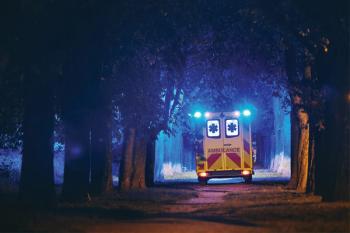
As a discipline, emergency psychiatry has widened its role, especially following the enormous mental health fallout from the pandemic and the shift of police and first-responder interventions.

Be on the lookout for these novel psychoactive substances.
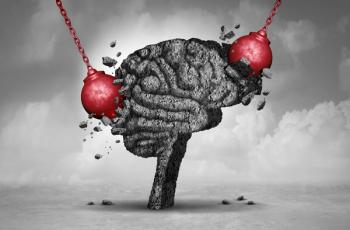
Scott Zeller, MD, previews his article in the January issue of Psychiatric Times, where he talks about emergency psychiatry and the tremendous growth it has seen over the past decade.

Tony Thrasher, DO, DFAPA, previews his article for the January issue on the art of the psychiatric interview.

The most common emergency presentations to emergency departments are identified.

Watch for tips and tricks to help patients through psychiatric emergencies.

Racism is a problem that exists in our space. A new advocacy moment is here, and it needs to be seized.

Inevitably, some of your patients will need of emergency psychiatric services. These tips will help prepare you and your patients when a crisis unfolds.

Emergency Psychiatry: Principles and Practice has something for everyone and is easily applicable to emergency and primary care.

Dr Leslie Zun discusses factors associated with accessing services for patients undergoing psychiatric challenges during the pandemic.

Society’s psychological reactions to a crisis can be predicted according to disaster response frameworks, which can be used to understand what to build during the evolving COVID-19 crisis, and when those innovations will prove most vital.

As hospital-based psychiatric emergency programs around the country demonstrate the ability to minimize ED boarding, provide cost-savings, and improve patient outcomes and clinician satisfaction, the challenge will be how to keep these models of psychiatric care self-supporting.

This article, the first of a three-part series, describes how hospital-based psychiatric EDs differ from community-based crisis centers.

This article discusses the peculiarities of emergency psychiatric practice and reviews innovations in models of care delivery designed to overcome the challenges of this subspecialty.

If an appropriate treatment is started promptly, the majority of psychiatric emergencies can be resolved within 24 hours without inpatient hospitalization.

What are the symptoms and treatment strategies for this rapidly growing phenomenon in older adults?

In the emergency department, how should patients with behavioral disturbances and especially those with illnesses such as dementia, TBI, autism spectrum disorder, and intellectual disability be managed? Take the quiz and learn more.
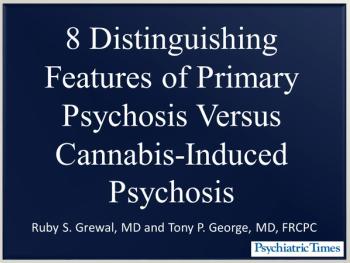
The authors compare the clinical features of idiopathic psychosis (eg, schizophrenia) with cannabis-induced psychosis.
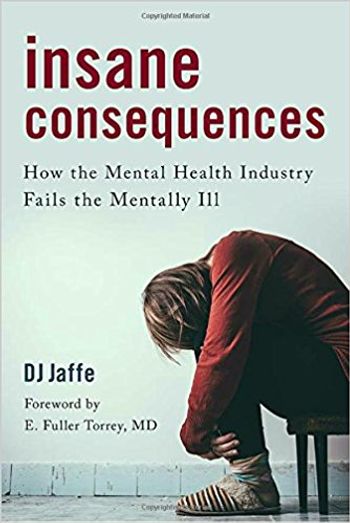
We have criminalized mental health problems-a barbaric throwback to the dismal conditions before the Enlightenment.

Helping patients who have significant medical illness as well as mental illness is a challenge, especially when the diagnosis is unclear. Hospital psychiatrists play a critical role in the management of these behaviorally compromised patients.

How does a pituitary result in a psychiatric emergency? Read more clues to this clinical puzzle.

A recent experience on street rounds offered a moment that brought this psychiatrist back to one of the main reasons she chose psychiatry as a profession.
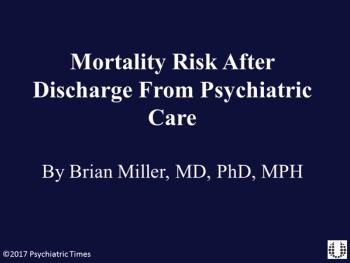
Which patients are at greatest risk for premature death following discharge?
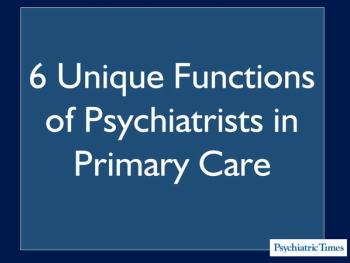
In some segments of the evolving health care system, primary health care teams with psychiatry at their core are becoming a reality. Here are 6 ways psychiatrists add value to primary care health teams.